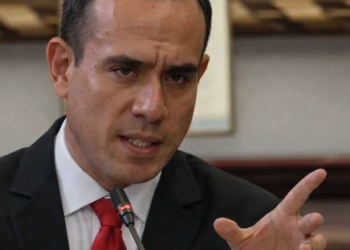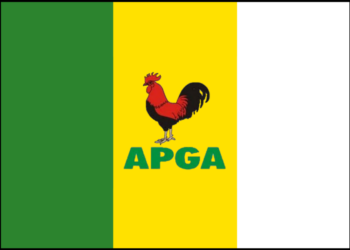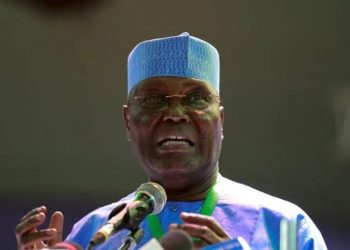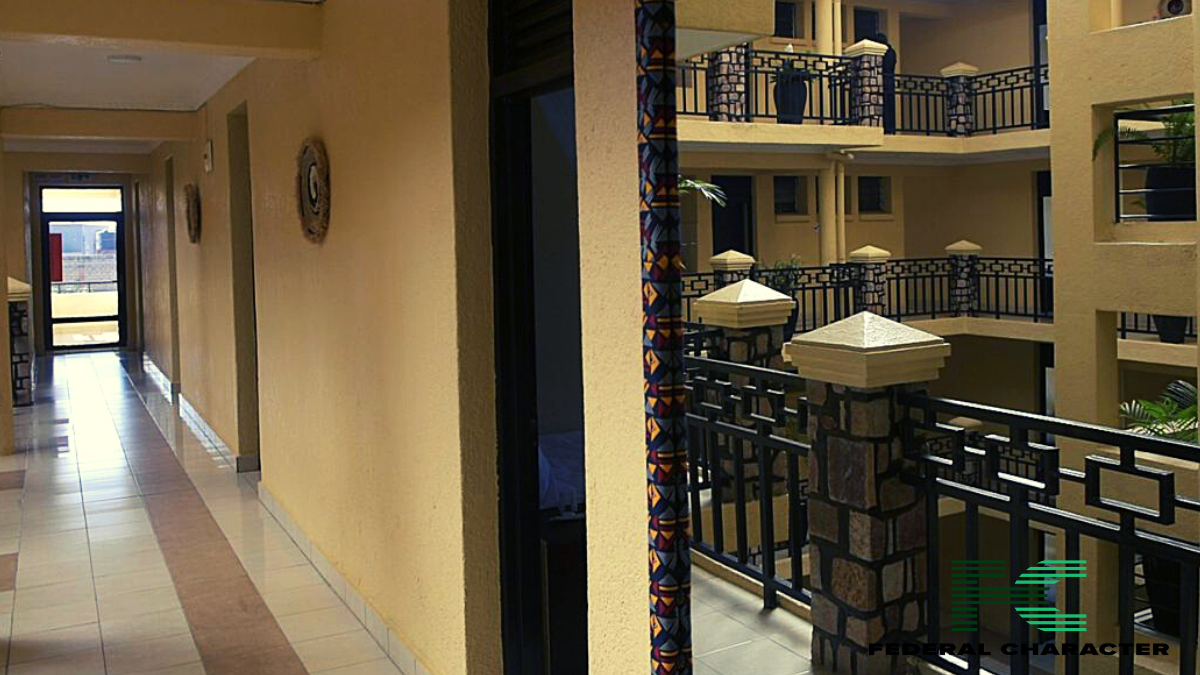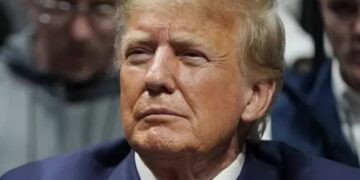Nigeria’s democracy always finds itself in a courtroom drama, and the latest act came with the Rivers State emergency case, Justice James Omotosho did not waste time, he threw out the suit and told the plaintiffs, in plain language, that this was a job only the Supreme Court could handle. The message was loud: if you are not the Supreme Court, don’t waste our time.
Why This Dismissal Matters
The case, filed by Belema Briggs and a few others, was supposed to challenge President Bola Tinubu’s declaration of emergency in Rivers. But the court said they had no business being there. They were neither lawmakers, nor part of the executive, nor even directly affected. In other words, they were fighting a battle that was not theirs to fight.
This is where the politics becomes interesting. If ordinary citizens cannot challenge an emergency rule because they “lack locus standi,” then who really can? Must everyone wait for the Supreme Court, or is the court indirectly saying only those in power can question power? That’s the uncomfortable undertone in Omotosho’s ruling.
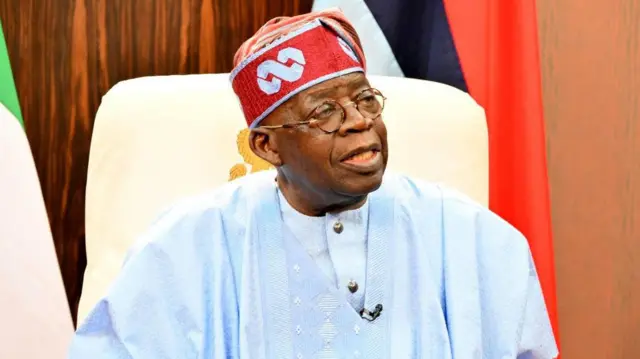
Tinubu’s Emergency Gamble
Tinubu declared a state of emergency in March, suspending Governor Siminalayi Fubara, his deputy, and the entire House of Assembly. He handed power to a retired naval officer, Vice Admiral Ibokette Ibas, claiming it was the only way to stop Rivers from sliding into chaos. The excuse was insecurity and attacks on oil infrastructure.
For months, the state was practically under federal control. Citizens protested, demanding democracy back. Yet the federal government acted as though suspension of elected leaders was a necessary sacrifice. By September, Tinubu lifted the emergency and allowed Fubara and his team back, as though democracy was something to be borrowed and returned.
Supreme Court or Bust
Justice Omotosho’s ruling has now reinforced a simple but frustrating reality, when it comes to emergency declarations, only the Supreme Court has the final say. But here is the irony: if no ordinary citizen can even test the limits of presidential power in a Federal High Court, then the Supreme Court may never hear such cases, unless politicians themselves fight politicians.
This means the average Nigerian, no matter how bruised by such declarations, is locked out of the conversation. And that raises a bigger question: is democracy really safe when it depends solely on whether the Supreme Court feels like entertaining a case?
The Real Danger for Democracy
Tinubu may have restored order, but the legal loophole exposed by this ruling lingers. Emergency powers give presidents enormous control, but when checks are narrowed to only the Supreme Court, the risk is clear, Nigeria is one step away from normalizing suspensions of democracy in the name of “security.”
It is the current state of Nigerian law. Everything rests on the Supreme Court, and until it speaks, citizens remain spectators in matters that directly affect their lives.


